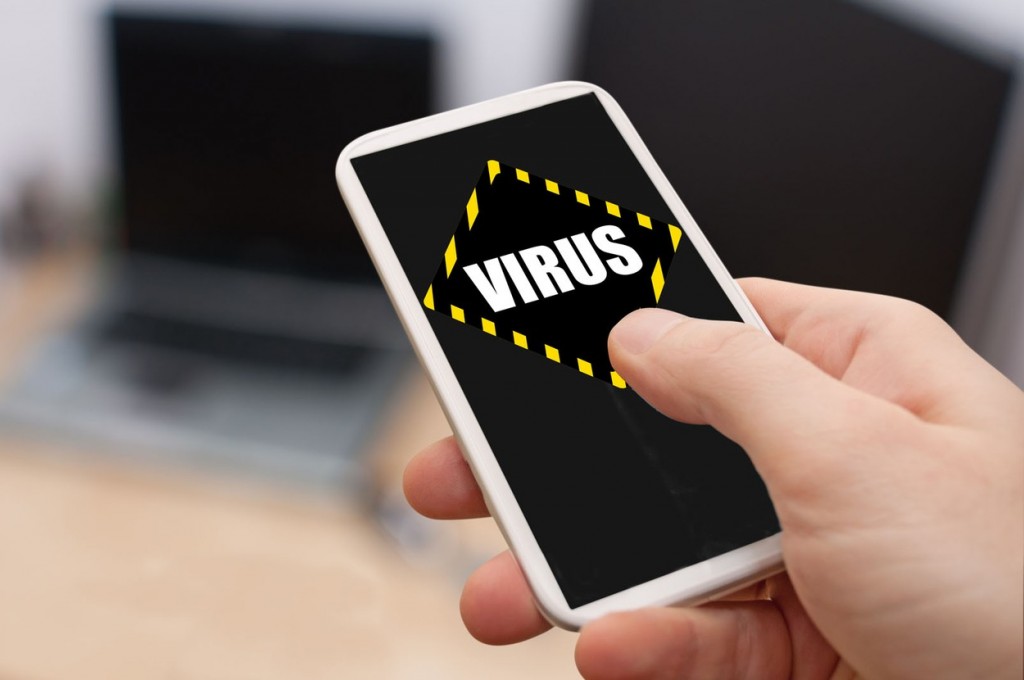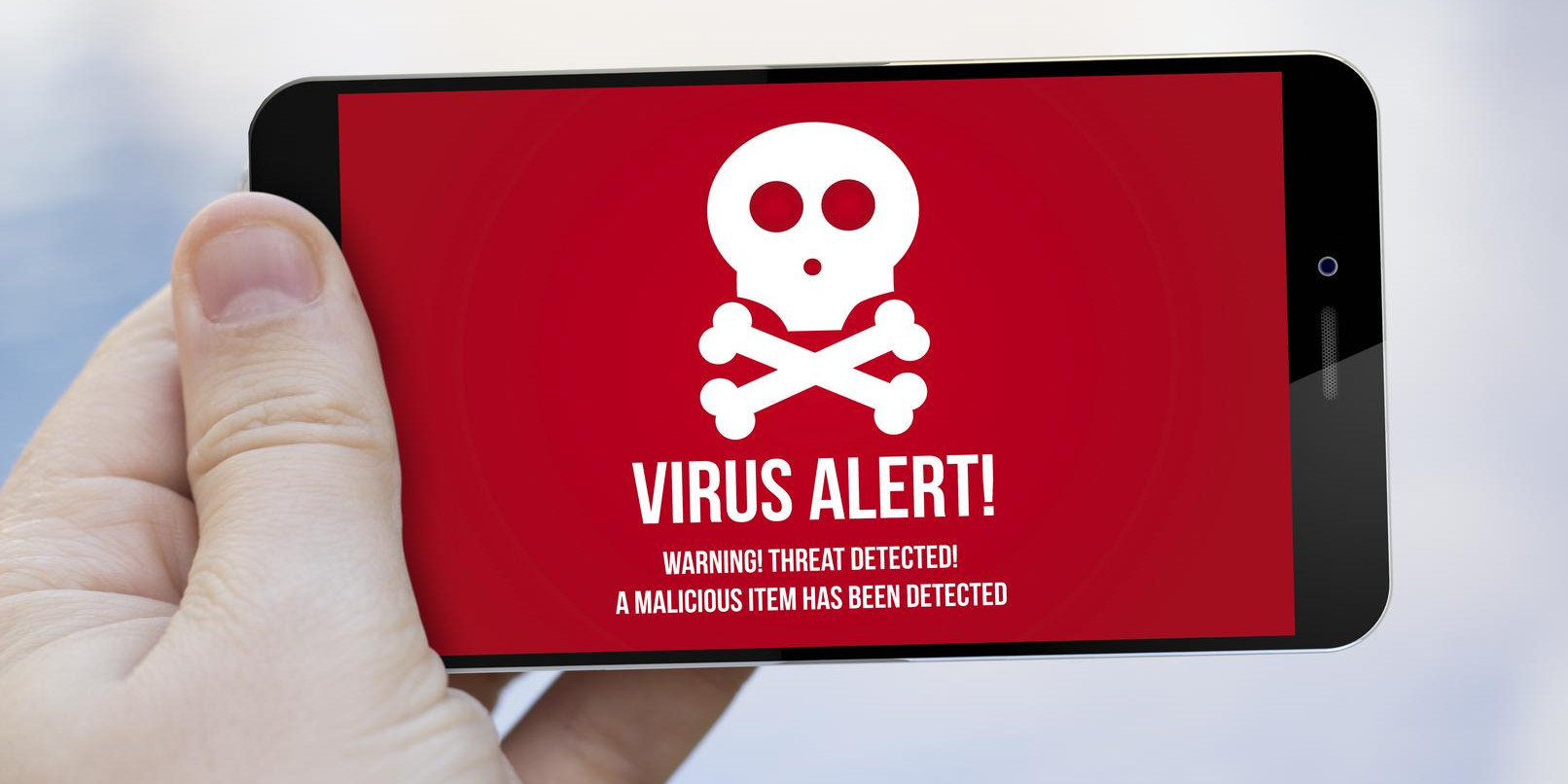
Caution viruses: Trojans-robbers on mobile devices
Trojan extortion for personal computers are a scourge of modern Internet. But, as statistics show, users of the World Wide Web are increasingly going on the Internet from mobile devices. Such statistics are also known to hackers who have learned to make Trojan programs for mobile operating systems: Android and iOS.
Navigation
In this article we will talk about the most popular Trojans-robbers for mobile devices. We will also tell you how to minimize the risk of infection with such programs.
What is a Trojan car for mobile devices?
Many Internet users had experience in infection of computers with Trojan programs. Most often, such programs encrypt user data. In order to decipher them, you need a key. Owners of the Trojans-siphesis will be happy to give you the key to bring files to the original form, but for a fee.
There is also another type of Trojan program - blockers. Once in the device, such a program blocks access to the programs or operating system of the device. As in the case of encryptions, to unlock access to the software of your device, you need to pay to the extortionists a certain amount.
Unlike the Trojans of the encryptions, it is very simple to delete the blocker program from your system. On the Internet you can find many solutions to this problem. Because of this, cybercriminals are increasingly used to infect PCs of encryptions. Trojans-blockers today practically sunk into oblivion.
As for such viruses for mobile devices, then everything is exactly the opposite. Thanks to cloud technologies, mobile operating systems such as Android and iOS, encryptions are practically not afraid. Why pay attackers a ransom, if you can restore data from the cloud?

As for blockers, they are more effective in the eyes of cybercriminals for mobile devices. Such programs are changing the interface of the operating system of your devices to your “banners”. Because of which, the owner of an infected smartphone or tablet can no longer use the device until he removes the Trojan Mount of Mounts.
The simplest solution for removing such a harmful program on a PC is to disconnect the hard drive from the infected computer and connect it to a healthy device. After that, there is a Trojan on such a disk and removes from it.
Unlike PCs, in a mobile device in 99% of cases it is impossible to turn off the disk with files. Because of what, smartphones and tablets today are simple and main goals for hackers-robbers.
Types of Trojan programs
A year ago, the specialized press described four main Trojans-robbers for mobile devices. This Svpeng, Pleutor, Small And Fusob. From this list you can exclude Pletor. But, such an exception can not delight users of mobile devices. The thing is that its creators stopped the support of this Trojan and developed even more powerful - Acecard.
The potentially dangerous SVPENG is also a thing of the past. Its developers have little money from ordinary users of mobile devices and they switched to bank cards owners. This vein turned out to be even more gold.
So, the most potentially dangerous Trojans today are Small and Fusob. According to anti -Haker organizations, last year 93% of the infection of mobile devices took these two malicious programs.
Trojans viruses - Fusob and Small: What are they doing?
In general, Small and Fusob have a lot in common. Both Trojans display the device on the screen that the user violates the current legislation of his country. And if the owner of such a device does not pay a “fine”, a criminal case will be instituted against him.

The developers of Small and Fusob force owners of infected devices to pay such a “fine” using the ITUNES gift cards, the QIWI payment system, or the Express Wouses Moneypak. The inclusion of the QIWI payment system in the list of a possible method of payment suggests that most likely the developers of these Trojans are Russian -speaking cybecs.
Once in a smartphone or tablet, Fusob determines the system of the system chosen by the user. For those who have such a language is a Russian or one of the languages \u200b\u200bof the post -Soviet space, is lucky. The Trojan does nothing. But, if it is any other language, the Trojan is displaying a banner on the full screen, which blocks access to the system.
On such a banner, an inscription is displayed that according to the National Security Agency, the device was used for illegal purposes. In order for the criminal case to be opened, it is necessary to pay a ransom of $ 100-200. According to data that can be found in the public domain, most of the victims of this Trojan live in Germany (more than 40%), Great Britain (more than 14%) and the USA (12%).
But with Small, Russian-speaking users of Android gadgets were less fortunate. He does not spare them. Most often, this Trojan attacks Russia, Ukraine and Kazakhstan. As in the case of Fusob, this ransomware program “hangs” the picture with the above content and the “fine” sum of 700 to 3,500 rubles on the full screen.
Trojan Small has an English-speaking version, as well as an encryption, which encrypts not only the system files, but also SD card data. Recently, cases of infection of mobile devices with a universal Trojan-Small have become more frequent. He not only blocks the operation of the device, but also transfers the data necessary for its owners: bank details, logins and passwords and other information.
Mobile Trojans: The threat in the future
An increased number of mobile devices with the possibility of entering the World Wide Web and the increased speed of mobile Internet make cybercriminals increasingly look at this market segment. Today, the number of mobile threats is growing at a long time. And even such a “secure” mobile operating system as iOS was increasingly becoming infected. According to the latest data, the number of infection of mobile devices by Trojan programs compared with 2014 increased by 400%.

In the United States, every tenth of this country was subject to attacks by the Trojan Mountains. But, the geography of such cybercrifts is gradually shifting to Europe and China. And in Russia there are more and more cases of such attacks.
It is already obvious to everyone that the number of “victims” of such malicious software will grow every day. And even if you have not yet encountered such programs, today you need to be prepared for this and know how to protect and “cure” your device.
How to protect your mobile phone from viruses?
We install applications only from proven catalogs. Most often, the creators of the Trojans “set up” their viruses in files, which can enter the device from unverified sources. You can minimize the risk associated with such programs if you download and install applications from proven sources. It is best to limit yourself to only Play Market. In the tab " Safety»Settings of your device, turn off the installation of applications from unknown sources.
Installation of applications and operating system updates. Most “holes” in the operating system and applications are opened after their releases. Thanks to tests in the “field”, developers of such software find and correct errors. The faster you install the updates, the faster you close the “holes” in your system.
Install a reliable antivirus. Unfortunately, even all of the above security rules cannot exclude infection of your device. Even in Play Market, applications containing Trojans periodically fall. In order not to become their victim, install a reliable antivirus on your mobile device.
